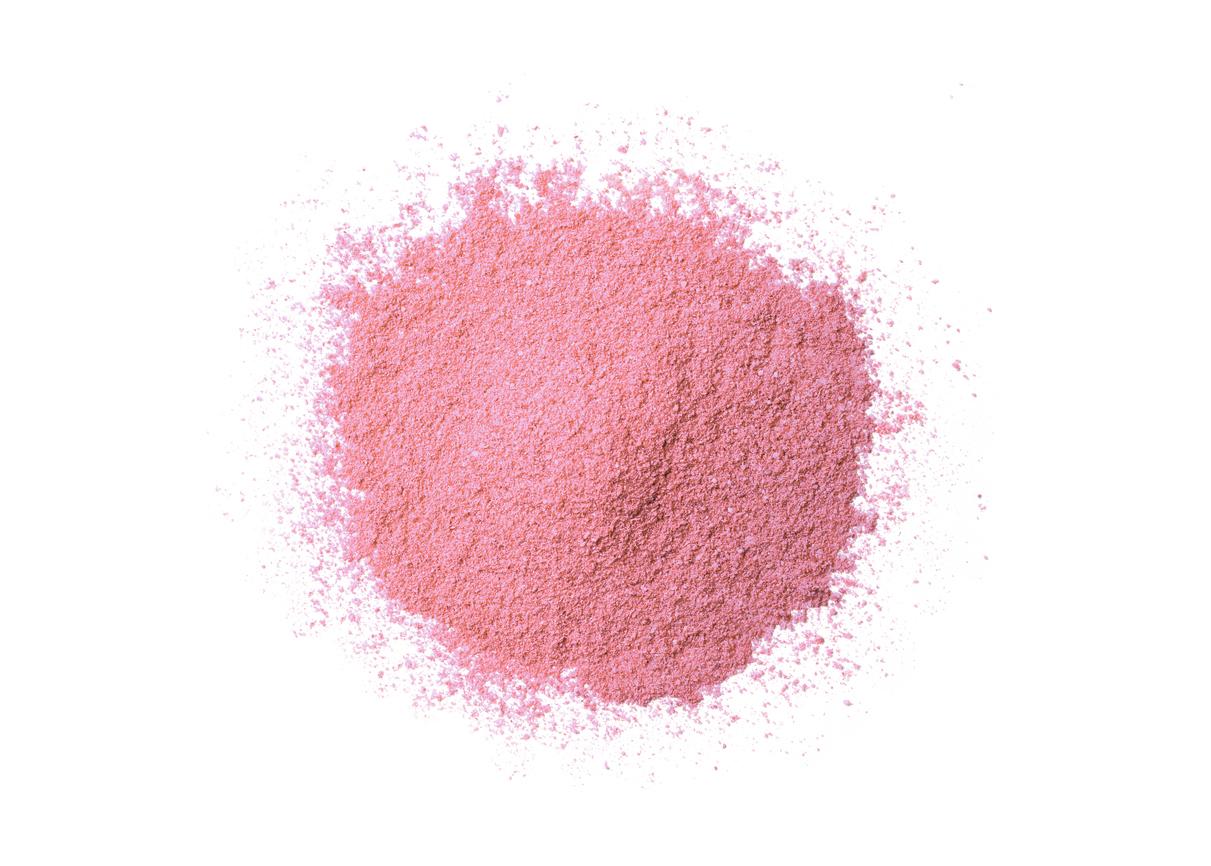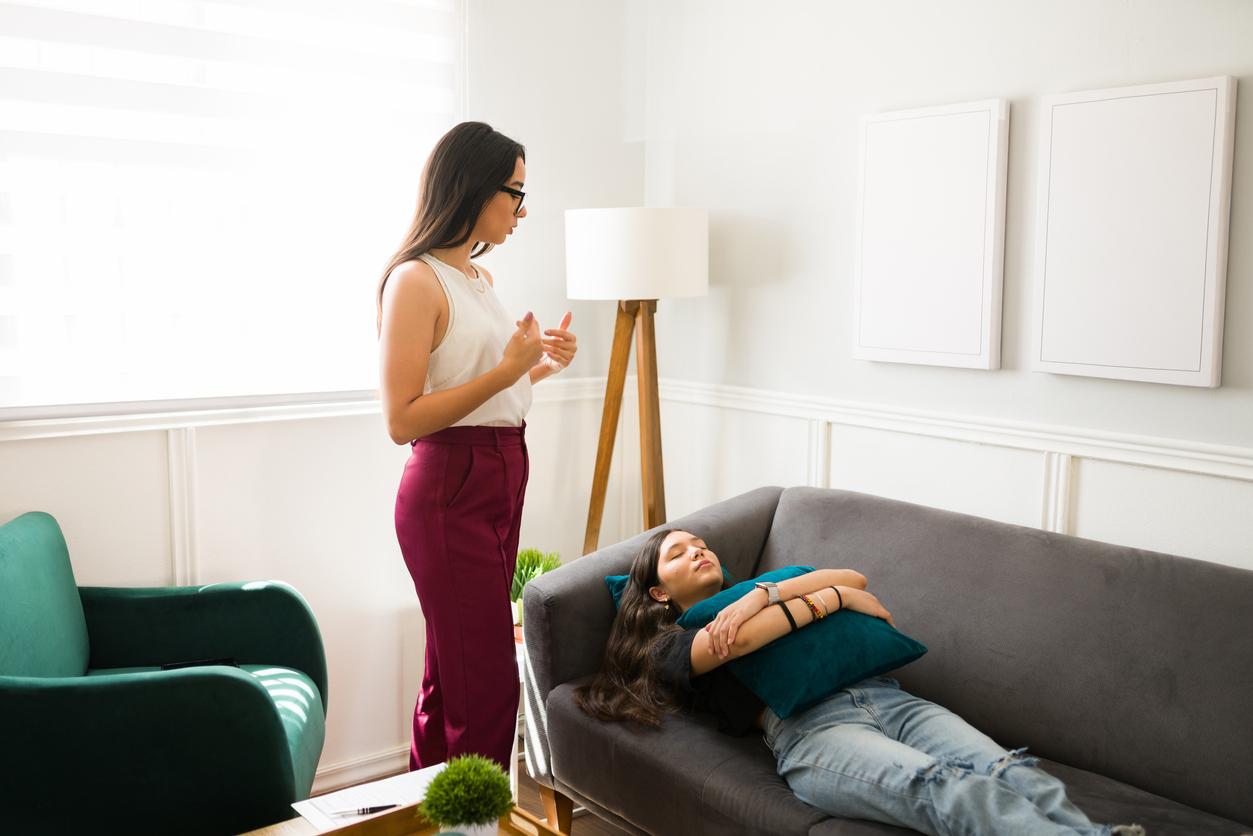
Authorization for emergency use
A little over a month after the request of the American pharmaceutical group Eli Lilly, the Food and Drug Administration of the United States (FDA) has just issued an emergency use authorization (EUA) for its experimental treatment. These are bamlanivimab monoclonal antibodies for the treatment of mild to moderate Covid-19 in adult and pediatric patients
The decision was made based on the results of a randomized, double-blind, placebo-controlled phase two clinical trial conducted on 465 outpatient adults with mild to moderate symptoms of Covid-19. Based on the results of the phase two trial: “ Most patients cleared the virus by day 11 […] For patients at high risk of disease progression, hospitalizations and emergency room visits were recorded in 3% of patients treated with bamlanivimab on average, compared to 10% in patients on placebo. “.
In this sense, the scientific director of the FDA, Denise Hinton, specifies in the letter of authorization that “ is reasonable to believe that the known and potential benefits of bamlanivimab […] exceed known and potential risks “.
Antibody treatment reserved for certain patients
Treatment with bamlanivimab monoclonal antibodies is done as a single intravenous injection. These are lab proteins that mimic the ability of the immune system against harmful antigens like viruses.
As for the affected patients, the US Medicines Agency said the treatment could be used “ in patients with a positive direct viral test result for SARS-CoV-2, aged 12 years and over and weighing at least 40 kilograms and at high risk of progressing to severe Covid-19 and / or hospitalization. This includes people who are 65 years of age or older or who have certain chronic conditions. “.
More effective treatment during the initial phase of infection
Treatment with bamlanivimab monoclonal antibodies for the treatment of Covid-19 is considered to be more effective during the initial stages of infection rather than subsequent ones. According to the FDA: “ Although the safety and efficacy of this investigational treatment continues to be evaluated, bamlanivimab has been shown in clinical trials to reduce COVID-19-related hospitalizations or emergency room visits in patients with high risk of disease progression within 28 days of treatment compared to placebo “. Therefore, the treatment has not been authorized for hospitalized patients or for those requiring respiratory assistance.

















